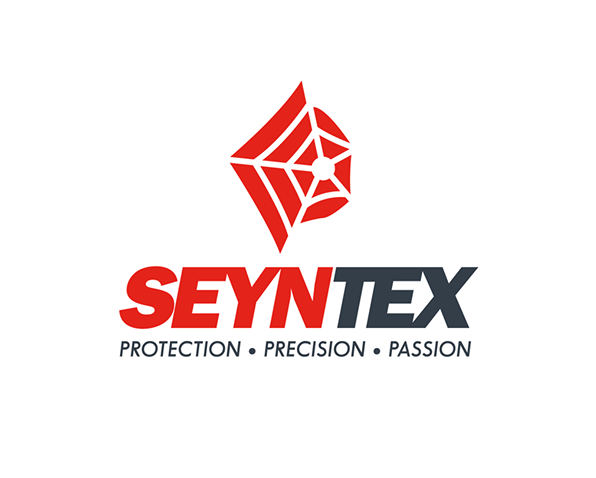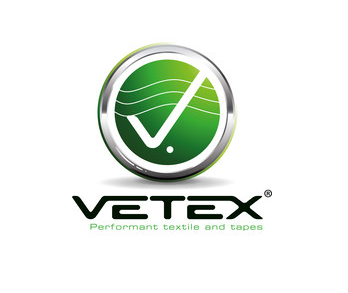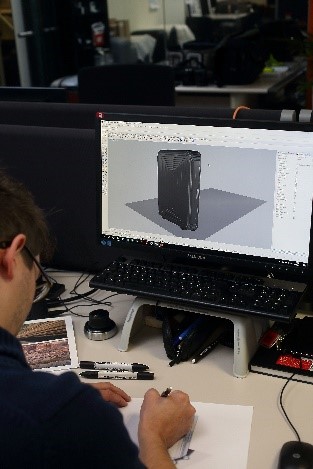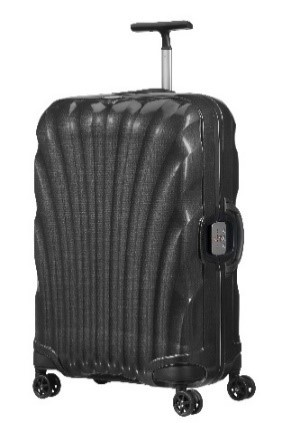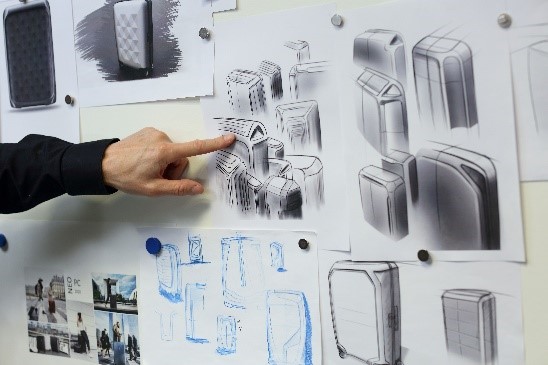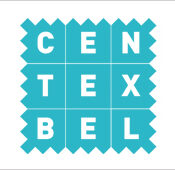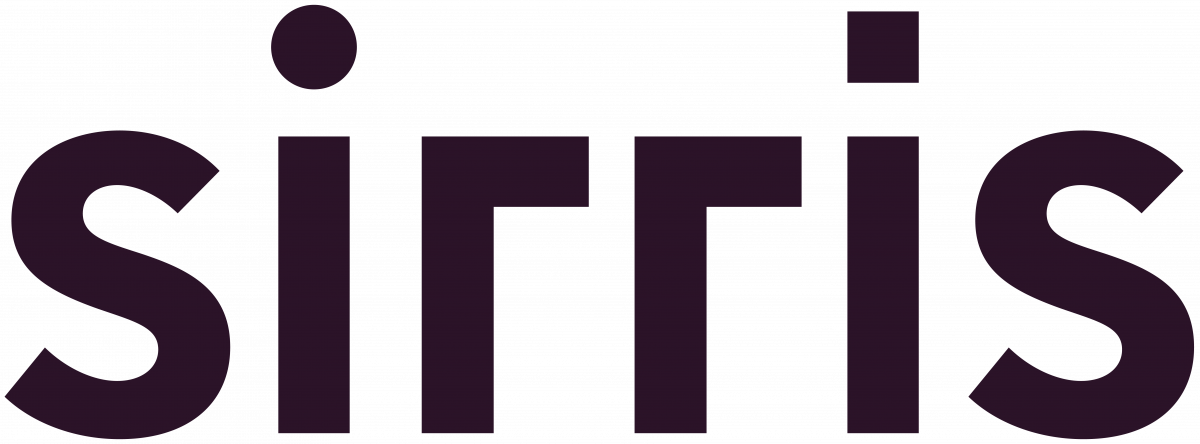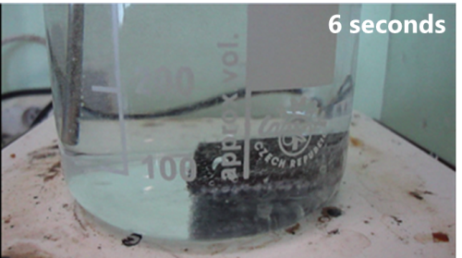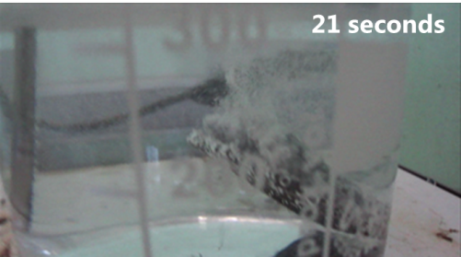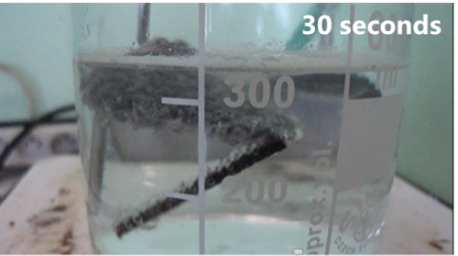In December 2017, the Flemish Agency for Innovation and Entrepreneurship (VLAIO) approved the cSBO project SPICY, which stands for “Sugar-based chemicals and Polymers through Innovative Chemocatalysis and engineered Yeast”. With a subsidy of over 2.5 million euro from the budget for cluster projects, a consortium consisting of KULeuven, UGent, UHasselt, VITO, VIB and Bio Base Europe Pilot Plant will work on the development of a technology platform for the valorisation of sugar. This cluster SBO project was created within the “Renewable Chemicals” program of Catalisti, the cluster for chemistry and plastics, with an emphasis on the strategic topic “Sugar”. The project is coordinated by Prof. dr. Bert Sels from KULeuven – COK, with support of Catalisti.
Flanders is ideally suited to play a leading role in the shift towards a bio-based economy for a number of reasons. First of all, there is a long-standing tradition of biomass (sugar beets, wheat) conversion into food ingredients (sugars, organic acids, alcoholic beverages). On top of that, Flanders has a high level of education in both chemical and agricultural technology leading to a strong expertise in collecting, sorting and processing of biomass (waste) towards high value products. Finally, Flanders is also ideally located at the middle of the Antwerp-Rotterdam-Rhine-Ruhr Area (ARRRA), Europe’s largest petrochemical cluster, number one in the world when it comes to sales of chemicals and plastics per capita, and the main (production) location of more than half of the world’s top 20 chemical companies.
Cancellation of the EU Sugar quota as off October 1th 2017 will have important consequences for the European sugar producers, such as evolution of sugar prices towards prices on the global market. Together with the disappearance of the export limitations, this will lead to new opportunities for sugar as feedstock for production of chemicals and materials. Market analysts also expect an increase of EU sucrose and glucose syrup production.
The main goal of SPICY is to provide chemical industry with new or optimized processes to convert sugars into added value compounds, i.e. both drop-ins and novel biobased chemicals. Two complementary lines are hereto developed in parallel, one focusing on biotechnology based on improved yeast-strains and one based on chemocatalytic routes. Both will aspire to meet industrial standards of productivity, titer, yield and selectivity, to safeguard potential economic benefit and future industrial valorisation. Most of the targeted platform chemicals are (potential) monomers for biobased plastics, hence, a second aim of SPICY is to deliver proof-of-concept of their usefulness by targeting novel and functional polymeric materials, typically not found in the current oil-based value chain.
This project has the ambition to strengthen the position of Flanders in terms of research into biobased processes and materials. The relevance of this cluster SBO project is further emphasized by an industrial advisory board, who are eager to implement the results and create economic valorisation. Current members of the advisory board include: 3M, Allnex, Beaulieu, Cargill, Eastman, EOC, Galactic, GF Biochemicals, GlobalYeast, INEOS Styrolution, Proviron, Solvay, Tereos and Tiense Suiker.
Contact
Bert Lagrain – KU Leuven
+32 16 32 16 27
bert.lagrain@kuleuven.be
Johan De Houwer – Catalisti
+32 468 32 25 57
jdehouwer@catalisti.be




